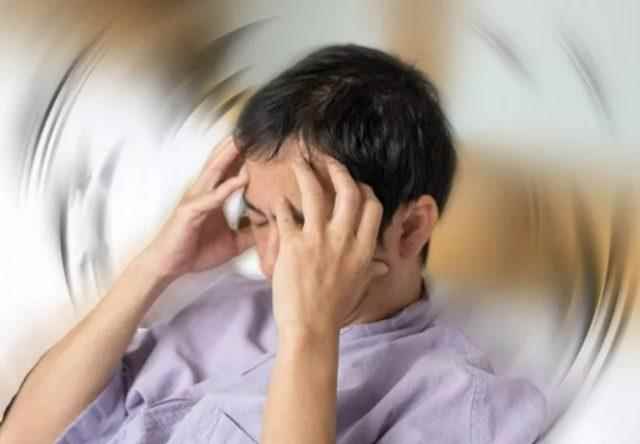Citizens experience both health and psychological problems after the earthquake. Stress and anxiety can cause many health problems. Citizens state that they feel like an earthquake is happening all the time. One of the biggest causes of this condition is vertigo.
WHAT IS VERTIGO?
The general name of dizziness in medicine is vertigo. Vertigo, all motion hallucinations, from the sensation of actually spinning, are described as vertigo. These; The definitions of objects spinning around, feeling of insecurity in space, feeling as if the ground is slipping from under the feet, feeling that all objects are moving, spinning around, feeling as if an earthquake is happening are used for vertigo.
HOW IS VERTIGO TREATED?
In Vertigo (Dizziness), the important thing is to make the real diagnosis. In other words, it is to find out where the pathology originates from, and then its treatment will follow. Because the treatment may vary according to the disease. Diagnosis and treatment must be made by a specialist physician. Dizziness can also be a sign of serious illness. If you have such a complaint, you should contact the medical units as soon as possible.
WHAT DISEASES CAUSE VERTIGO?

Meniere’s Disease
One of the most important causes of ear-related dizziness is Meniere’s disease. Meniere should be considered primarily in every patient presenting with the triad of pressure, fullness in the ear, recurrent dizziness, and tinnitus. Meniere is a disease of the inner ear. It is generally a disease of anxious, stressed people. The cause may be the immune system, viral diseases, a history of trauma or even an allergic condition. The most important indicator is that the dizziness comes in attacks. The first attack usually lasts longer, but the dizziness lasts between 20 minutes and 24 hours. Along with dizziness, there is a ringing in the patient’s ear, a feeling of pressure. These are accompanied by nausea and vomiting, and the patient may even apply to the emergency department with these complaints. The single most feared aspect of the disease in the long term is permanent hearing loss. Hearing loss is initially during the attack, during which the hearing test is very valuable, but over the years the loss may become permanent.
Benign Positional Vertigo
There are dizziness that come with head movement. The diagnosis is made with a very simple maneuver (some movements to the head) and the treatment is done with very simple maneuvers (the maneuvers vary according to the semicircular canal of the inner ear). In addition to these maneuvers, the patient can completely get rid of their complaints with some drugs.
Vestibular Neuronitis
It is mostly dizziness that occurs after an upper respiratory tract infection and inflammation of the balance nerve in the inner ear. Hearing is within normal limits, and dizziness may be present for up to 3 weeks.

Labyrinthitis (Inner Ear Inflammation)
Again, it is the inflammation that covers the entire inner ear due to microbes, which causes hearing loss as well as dizziness.
Inner Ear Fistula (Opening from Inner Ear to Out)
Often there is a history of trauma. There are severe dizziness, nausea, vomiting and hearing loss after pressure-increasing movements (coughing, straining, heavy lifting). There is a risk of permanent hearing loss, so action should be taken quickly and the fistula site should be closed surgically after the diagnosis is finalized.
